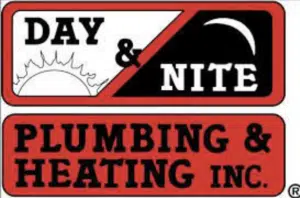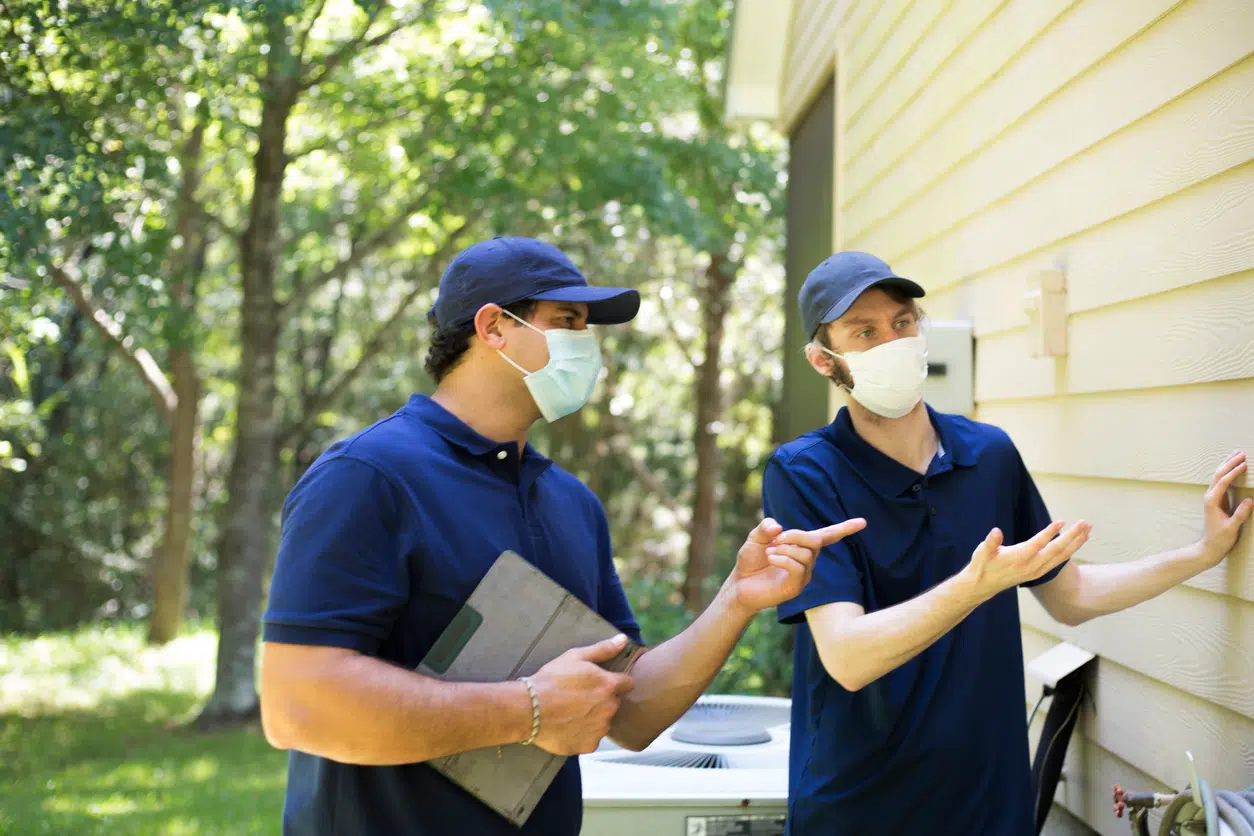This time of year, when temperatures drop and the cold wind blows, everyone seeks shelter. Rats and other critters are no exception. They don’t need an invitation; they just think your casa is their casa and they’re happy to move in and help themselves to dinner at your expense. Heck, you don’t even have to cook! They’re not very picky.
I’ve seen them chew on plastic pipes, poly pipes, plastic ABS waste pipes, even copper pipes. One of our customers can attest to the affinity rats have for rubber. The customer had an instant hot water tank in their kitchen with rubber tubing underneath. A rat gnawed a hole in the tubing, causing a small flood and a fair amount of damage.
Rats are particularly troublesome because they mark their territory like wolves or coyotes. When they mark an area it not only gets a lot of attention, but it sends a message to others: “free room and board here!” Squirrels are also an interesting issue. They stash stuff in the most inconvenient places and can cause clogs in critical areas like the vent system on your roof.
Believe it or not, one of your first lines of defense can also be one of the least likely: your friendly neighborhood plumber or HVAC tech.
It’s our duty to make sure your plumbing and heating systems are working properly and inspect for hazards to health and safety. Doing a thorough job may require crawling all around your house. So that often makes us the first people to see the potential and/or the evidence of critters coming in. Think of us as sort of an Early Critter Defense System.
Now I wouldn’t suggest that you call an HVAC tech for a critter problem, nor do I think you should rely on a plumbing emergency to uncover a rodent infestation. But that is one of the advantages of having a technician perform regular maintenance on your plumbing and HVAC systems. You not only ensure that all systems are in tip top shape, but you have someone crawling around in places most people don’t like to crawl around in, looking for everything from leaky pipes to leaky roofs, to critters.
We don’t do pest control, but we can see their damage, alert you to the problem, and refer you to a pest control professional. Before you call the cavalry, here are a few pest control tips from the EPA that might help you discover potential problems…before they become really big problems.
- Remove sources of food, water, and shelter.
- Store food in sealed plastic or glass containers. Garbage containing food scraps should be placed in tightly covered trash cans. Remove garbage regularly from your home.
- Fix leaky plumbing and don’t let water accumulate anywhere in the home. Don’t let water collect in trays under your house plants or refrigerator. Don’t leave pet food and water out overnight.
- Clutter provides places for pests to breed and hide and makes it hard to get rid of them. Get rid of things like stacks of newspapers, magazines, or cardboard.
- Close off places where pests can enter and hide. For example, caulk cracks and crevices around cabinets or baseboards. Use steel wool to fill spaces around pipes. Cover any holes or exterior access points with wire mesh.
- Learn about the pests most common to your area and your options to control them.
- Check for pests in packages or boxes before carrying them into your home.
You’ll find more information about pest control on the EPA website.
Here’s to a warm, cozy, critter-free winter!
by Bruce Davis, Sr.
President, Director of Education and Learning, Sales Manager, Licensed Journeyman Plumber, Licensed Electrician,
HVAC/R Electrical Administrator, HVAC/R, Certified WA State C.E.U. Instructor
 Have you had your HVAC system or water heater serviced this year? Since 1954, Day & Nite Plumbing & Heating, a family owned and operated company, has been meeting the plumbing, heating, and air-conditioning needs of homeowners and businesses in Seattle and the surrounding areas. Whether you have a plumbing emergency, or you need a heating and cooling home comfort system, “Do it Right! Call them anytime “Day or Nite”. Be sure to browse here for in-depth answers to homeowner’s top plumbing and heating questions, or send your own questions directly to the experts.
Have you had your HVAC system or water heater serviced this year? Since 1954, Day & Nite Plumbing & Heating, a family owned and operated company, has been meeting the plumbing, heating, and air-conditioning needs of homeowners and businesses in Seattle and the surrounding areas. Whether you have a plumbing emergency, or you need a heating and cooling home comfort system, “Do it Right! Call them anytime “Day or Nite”. Be sure to browse here for in-depth answers to homeowner’s top plumbing and heating questions, or send your own questions directly to the experts.













